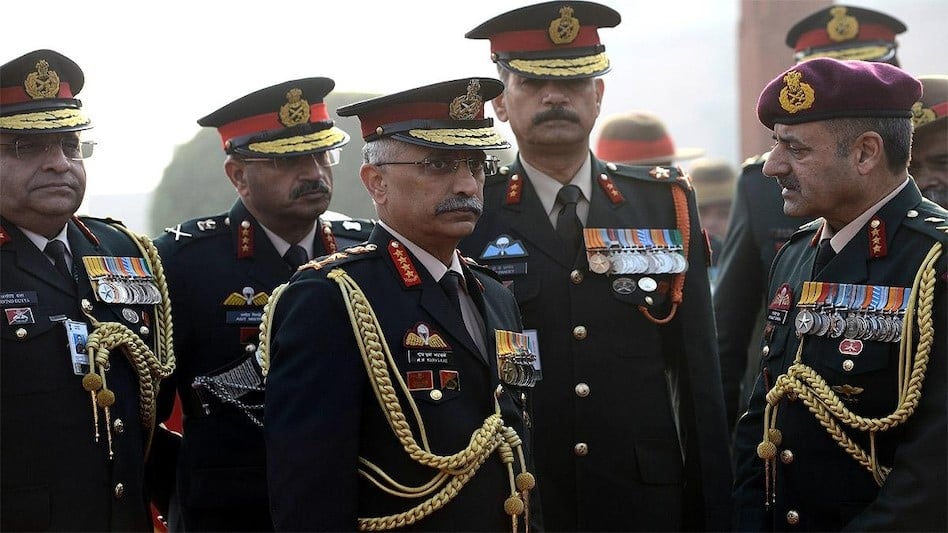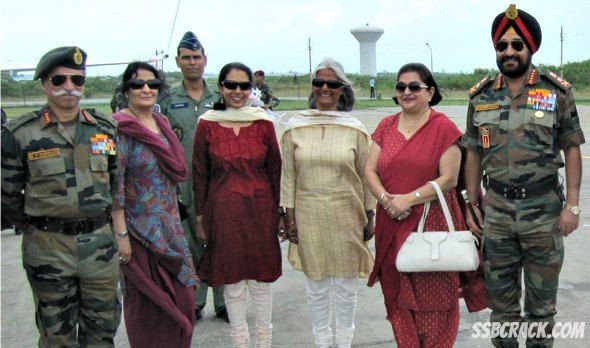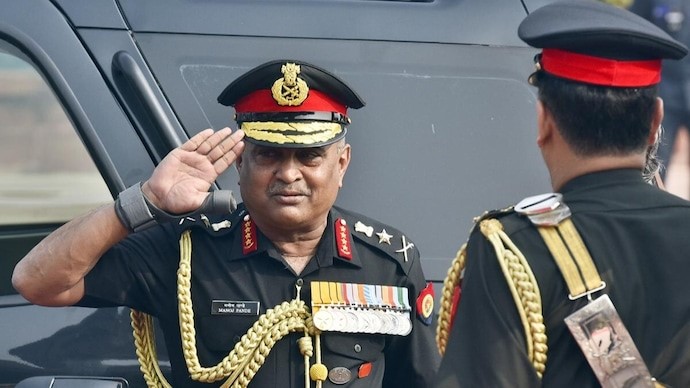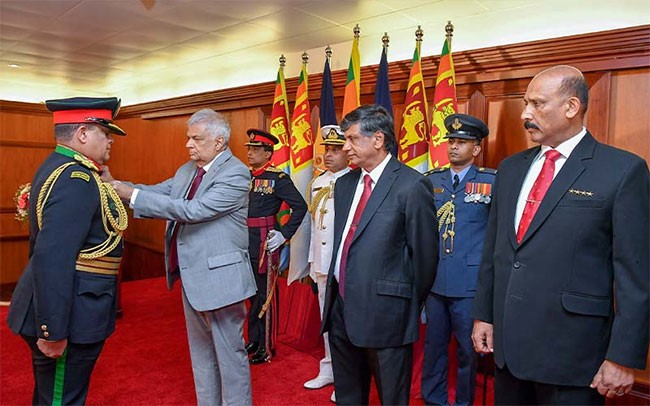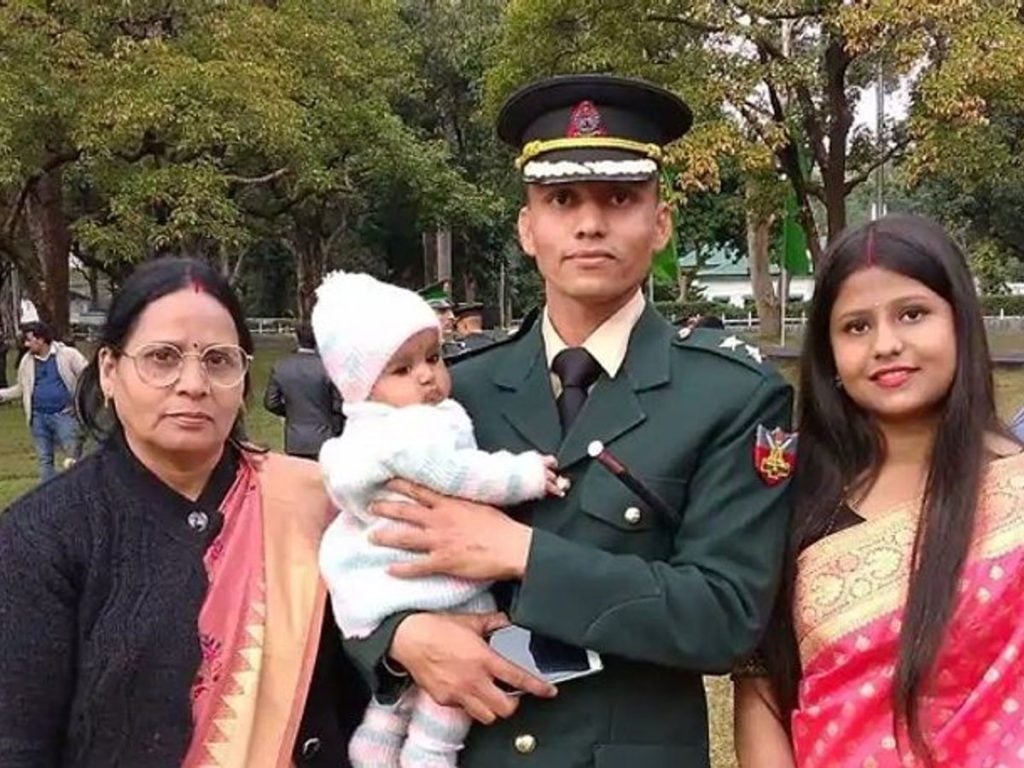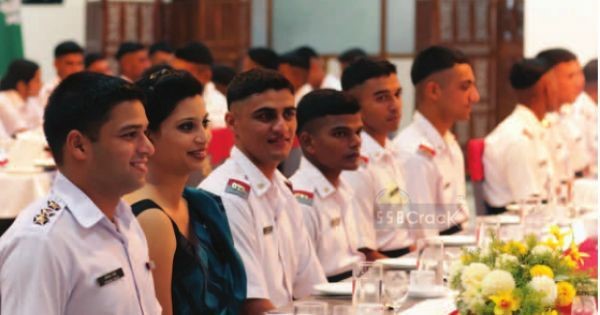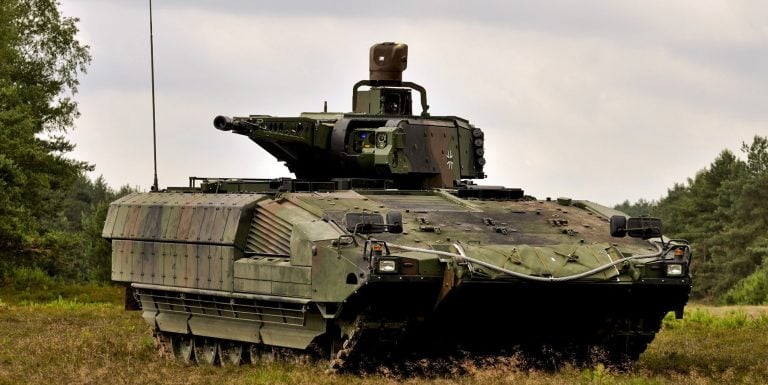Serving as a military officer demands more than just tactical expertise and leadership skills. It also requires a deep understanding and adherence to the intricate social etiquette that defines the fabric of service life. This comprehensive guide delves into the nuances of Military Officers and the Rules of Social Etiquette, equipping you with the knowledge and insights necessary to navigate the social landscape with grace and poise.
The Essence of Service Life
The military community is characterized by a unique sense of camaraderie and unity that sets it apart from civilian society. This close-knit environment fosters a heightened awareness of social norms and expectations. As an officer, it is crucial to uphold the highest standards of conduct, ensuring that your actions and interactions contribute to the overall cohesion and harmony of the service.
General Behavioral Guidelines
Maintaining positive relationships with fellow officers and their families is paramount. Strive to be on good terms with all, carefully selecting your close associates. Avoid openly expressing dislike, as it can often lead to hostilities. Respect the susceptibilities of others, and refrain from offending them. When it comes to social obligations, fulfill them within the bounds of your means, without making excuses for simplicity or austerity.
Top Military Exercises in India For 2024
Addressing Seniors and Elders
In the military hierarchy, proper forms of address are essential. Address all elders as “Sir” unless they are junior in rank. Extend the same courtesy to the old and infirm, regardless of their position. Avoid the temptation to engage in self-praise or discuss personal matters in general company.
Protecting the Reputations of Others
As officers, we must be mindful of our words and actions, particularly when it comes to the opposite sex. Refrain from speaking ill of others’ reputations, as this can be detrimental to the social fabric of the community. Maintain a professional and respectful demeanor in all interactions.
Financial Propriety
It is considered unbecoming for an officer to borrow money, and even more so if the lender is a lady. Uphold the principles of financial responsibility and avoid creating any perception of impropriety.
Cultivating Intellectual Pursuits
Alongside their military duties, officers are expected to devote time to reading, studying, and staying informed on national and global affairs, as well as matters of local interest. Developing a well-rounded knowledge base not only enhances one’s intellectual capabilities but also contributes to more engaging conversations.
Mastering Conversational Skills
The ability to communicate effectively is a hallmark of a well-rounded officer. Use language that clearly expresses your thoughts, avoiding the use of slang or profanity. Engage in intelligent and interesting conversations, taking the time to think before speaking.
Chivalry Towards Ladies
The way an officer treats the women in their life, whether colleagues, superiors, or subordinates, is a true reflection of their character. Gentlemen should shield ladies from unpleasant situations, assist them when faced with difficulties, and always strive to contribute to their well-being and happiness.
Etiquette in Calling and Visiting
Calling on fellow officers and their families is a time-honored tradition that helps foster camaraderie and cooperation. Observe the proper protocols for official calls, courtesy calls, and farewell visits. Respect the appropriate calling hours and dress code, and ensure that calls are promptly returned.
The Significance of the Officer’s Wife
The spouse of a service officer plays a crucial role, both officially and unofficially. The officer’s wife often assumes responsibility for welfare work within the command, particularly concerning the families of junior-ranked personnel. It is the duty of all officers’ wives to lend their support and expertise in these endeavors.
Understanding the Three Indian Armed Forces And Tips To Crack SSB interview
Club Etiquette and Social Gatherings
The military club serves as a hub for recreation and social interaction. While the club environment is more relaxed than the officers’ mess, certain etiquette rules still apply. Familiarize yourself with the club’s regulations and strive to participate in its activities, as a vibrant club life can significantly boost morale.
Dress and Appearance Standards
A well-groomed and appropriately dressed officer is a reflection of the service’s discipline and professionalism. Adhere to the authorized patterns of dress, ensuring a proper fit and attention to details such as socks, shoes, and accessories. Maintain a dignified appearance, even in casual settings.
Navigating Formal and Informal Interactions
Whether in a formal or informal setting, the way an officer conducts themselves speaks volumes about their character. Avoid discussing regimental business or exhibiting “feats of skill” in the mess, and be mindful of your language and behavior at all times. Extend the same level of courtesy to civilians as you would to your fellow officers.
The Benefits of AI for India’s Armed Forces
Conclusion
Mastering the art of military officer etiquette is not merely a matter of following a set of rules; it is a testament to one’s character, discipline, and commitment to the service. By embracing these principles, you will not only elevate your own standing but also contribute to the overall cohesion and reputation of the military community. Embrace this comprehensive guide as a roadmap to navigating the social landscape with grace, dignity, and the unwavering dedication that defines the military officer.
FAQs
1. What are the manners of army officers?
Always show respect to the elderly and those who are unwell. Refrain from boasting about yourself or discussing personal issues in public settings. Avoid speaking negatively about the reputations of the opposite gender.
2. What society expects from a military officer?
The nation holds military officers to a higher standard, expecting them to embody the highest levels of moral and ethical conduct. This expectation isn’t about fairness; it’s simply an inherent aspect of the profession.
3. What are the military manners?
Some military courtesies include appropriate forms of address, such as “Sir,” “Ma’am,” and “Mister,” and when to use each; the salute and the associated practice of standing at attention; correct wear of military headgear; respect and obedience; and the guidelines for conduct during various ceremonies.
4. What is the proper military etiquette?
It is generally prohibited to eat, drink, use a cellphone, or smoke while walking in uniform. Formal uniform hats, known as “covers,” must be worn outdoors and carried when indoors. Service members do not salute when “uncovered”—that is, when their hat is off. If it is raining, offer to hold black umbrellas.
5. What is the mentality of a military officer?
Thirteen character strengths were identified as the most crucial for military officers and their leadership roles. Ranked in order of importance, they are: leadership, teamwork, open-mindedness, integrity, persistence, bravery, curiosity, love of learning, social intelligence, fairness, perspective, creativity, and self-regulation.
